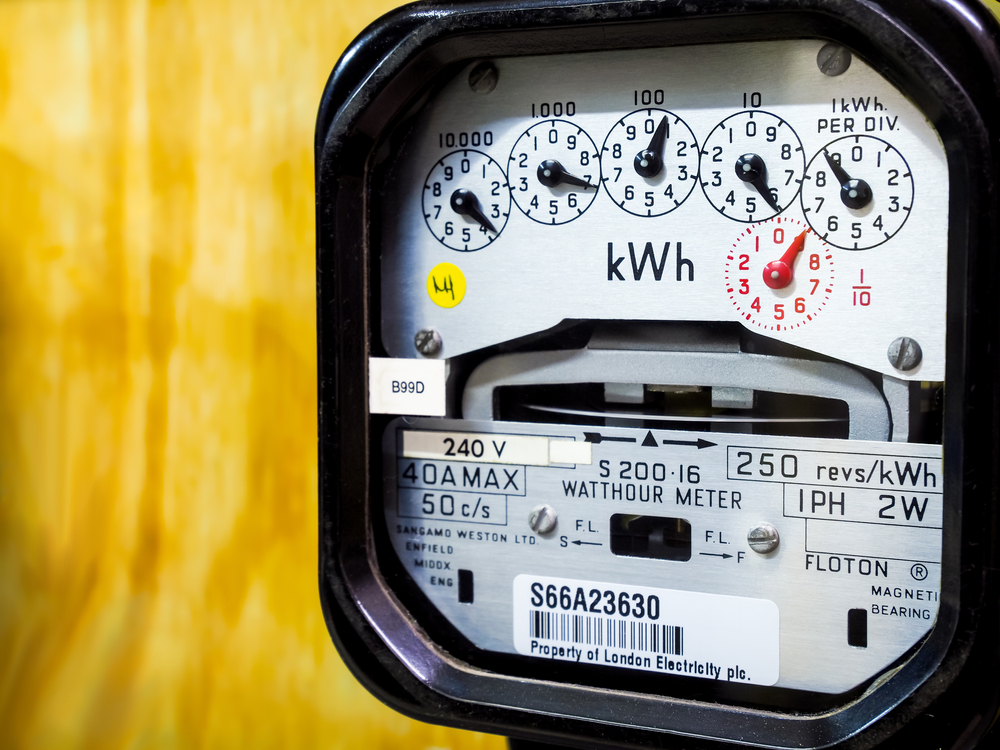Navigating Energy Suppliers: Key Insights for Homes and Businesses
Electricity suppliers play a vital role in powering homes and businesses, offering a variety of plans and pricing structures. Understanding how suppliers operate, what options are available, and how to identify the best deals is essential for securing affordable and reliable energy services.

What are electricity suppliers and how do they operate?
Electricity suppliers, also known as energy providers or utility companies, are businesses that sell electricity to consumers. These companies purchase power from generators or produce it themselves, then distribute it to homes and businesses through the national grid. In many countries, including the United Kingdom, the energy market has been deregulated, allowing multiple suppliers to compete for customers.
Suppliers operate by offering various tariffs and plans to meet different consumer needs. They handle billing, customer service, and often provide additional services such as energy efficiency advice or smart meter installations. While suppliers sell the electricity, the physical delivery of power is typically managed by separate distribution network operators.
What types of energy suppliers are available in the market?
The energy market includes several types of suppliers, each catering to different segments of consumers:
-
Big Six suppliers: These are the largest and most established companies in the UK, including British Gas, EDF Energy, E.ON, npower, Scottish Power, and SSE.
-
Challenger suppliers: Smaller, often newer companies that compete with the Big Six by offering competitive rates and innovative services.
-
Green energy suppliers: Providers that focus on renewable energy sources, such as wind, solar, or hydroelectric power.
-
Business energy suppliers: Companies specializing in serving commercial and industrial customers with tailored energy solutions.
-
Local energy suppliers: Some regions have local providers that serve specific geographic areas.
What key factors should be considered when selecting an electricity supplier?
When choosing an electricity supplier, several important factors should be taken into account:
-
Pricing and tariff structures: Compare rates and understand how billing works, including fixed vs. variable rates.
-
Contract terms: Examine the length of the contract, cancellation fees, and renewal options.
-
Customer service quality: Research the supplier’s reputation for responsiveness and problem-solving.
-
Energy mix: Consider the sources of electricity, especially if environmental impact is a concern.
-
Additional services: Look for value-added offerings like energy management tools or loyalty programs.
-
Financial stability: Ensure the supplier is financially sound to avoid potential service disruptions.
What challenges exist in today’s energy market?
The energy market faces several challenges that can impact consumers:
-
Price volatility: Fluctuations in wholesale energy prices can lead to unpredictable costs for consumers.
-
Regulatory changes: Government policies and regulations can affect supplier operations and consumer choices.
-
Infrastructure maintenance: Aging power grids require ongoing investment, which can influence pricing.
-
Transition to renewable energy: The shift towards cleaner energy sources presents both opportunities and challenges for suppliers and consumers.
-
Market competition: While beneficial for consumers, intense competition can lead to supplier failures, potentially disrupting service.
How do fixed electric plans benefit consumers?
Fixed electric plans offer several advantages to consumers:
-
Price stability: Rates remain constant for the duration of the contract, protecting against market fluctuations.
-
Budgeting ease: Consistent pricing makes it easier to forecast and manage energy expenses.
-
Peace of mind: Consumers are shielded from sudden price hikes during the contract period.
-
Seasonal protection: Fixed rates can be particularly beneficial during high-demand seasons when prices typically rise.
-
Long-term savings: If market prices increase, consumers on fixed plans can enjoy lower rates than those on variable tariffs.
What are the current electricity supplier options and their pricing?
When considering electricity suppliers, it’s important to compare options and understand pricing structures. Here’s a comparison of some major UK suppliers and their offerings:
| Supplier | Plan Type | Average Annual Cost | Key Features |
|---|---|---|---|
| British Gas | Fixed 12 Month | £1,250 | Smart meter included, 100% renewable electricity |
| EDF Energy | Standard Variable | £1,180 | No exit fees, flexible tariff |
| Octopus Energy | Flexible Octopus | £1,100 | 100% renewable, no exit fees, app-based management |
| Bulb | Vari-Fair | £1,150 | Single tariff, 100% renewable, no exit fees |
| E.ON | Fix Online | £1,200 | 24-month fixed price, online account management |
Prices, rates, or cost estimates mentioned in this article are based on the latest available information but may change over time. Independent research is advised before making financial decisions.
In conclusion, navigating the world of electricity suppliers requires careful consideration of various factors, from pricing and contract terms to service quality and energy sources. By understanding the market dynamics, challenges, and benefits of different plan types, consumers can make informed decisions that align with their energy needs and financial goals. Regular review of your energy plan and staying informed about market changes can help ensure you’re always getting the best value for your electricity supply.




